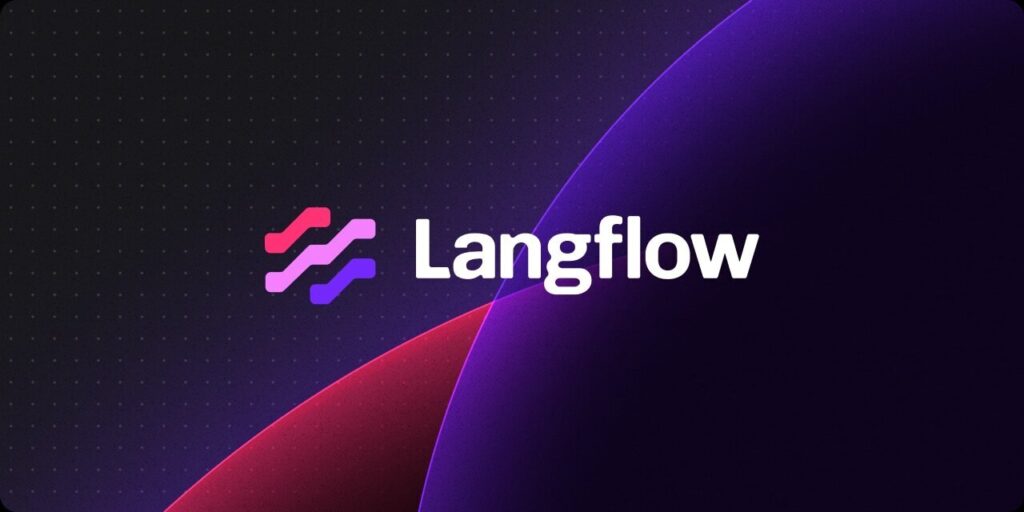langflow
Basic Information
Langflow is an open source framework for building, visualizing and deploying AI-powered agents and automated workflows. It provides developers a visual authoring experience together with programmatic source code access so workflows can be customized in Python and extended. The project includes built-in API and MCP servers that expose flows as services and tools for integration into applications on any stack. Langflow supports major LLMs, vector databases and a growing library of AI tools, and includes an interactive playground for step-by-step testing and refinement. The repository contains installation and deployment guidance, observability integration options and notes on required Python and tooling versions, and it highlights an important security update requirement.








